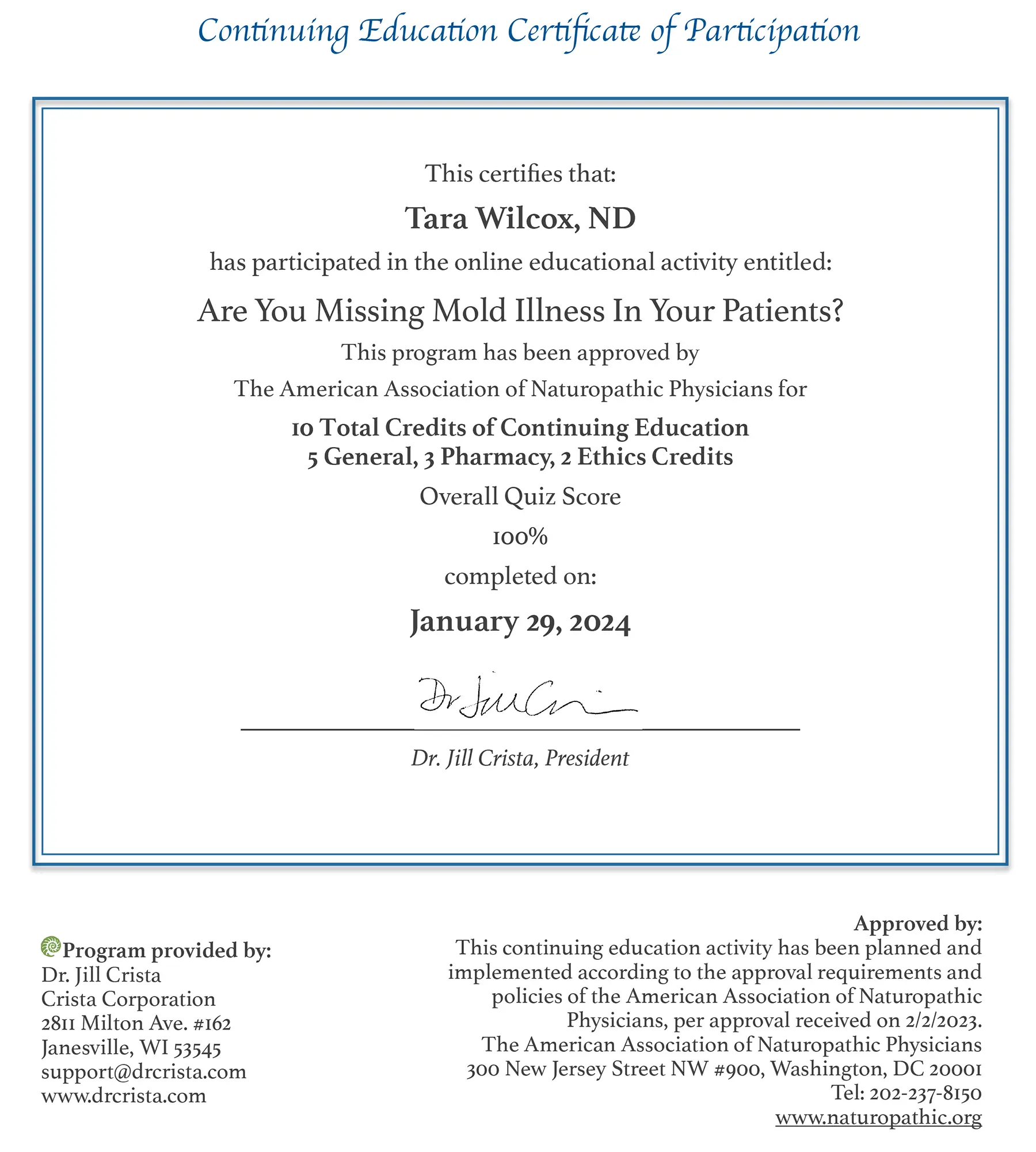Achieving and maintaining balance in our lives can often feel like an elusive goal. However, holistic wellness, an approach that considers the whole person – body, mind, and spirit – offers valuable insights and strategies for finding harmony in our lives. As a naturopathic doctor, I’ve witnessed firsthand the transformative power of holistic wellness practices. I’ll share some holistic wellness tips to help you achieve balance and vitality in your life.
Understanding Holistic Wellness
Holistic wellness is a comprehensive approach to health that recognizes the interconnectedness of all aspects of our being. It acknowledges that physical health, mental well-being, emotional balance, and spiritual alignment are all integral components of overall wellness. Rather than simply treating symptoms, holistic wellness seeks to address the root causes of imbalance, promoting health and vitality from the inside out.
Importance of Balance in Holistic Wellness
Balance is the cornerstone of holistic wellness. When we achieve balance in our lives, we experience greater energy, vitality, and resilience. Our bodies function optimally, our minds are clear and focused, and our spirits are uplifted. However, imbalance can lead to a range of health issues, from chronic stress and fatigue to digestive problems and mood disorders. By prioritizing balance in our lives, we can cultivate a state of overall well-being that supports us on every level.
Tips for Achieving Balance
1. Prioritize Self-Care
Self-care is essential for maintaining balance and preventing burnout. Make time for activities that nourish and rejuvenate you, whether it’s reading a book, taking a bath, or going for a walk in nature.
2. Nourish Your Body with Nutrient-Dense Foods
Fuel your body with whole, nutrient-dense foods that provide the essential vitamins, minerals, and antioxidants it needs to thrive. Focus on incorporating plenty of fruits, vegetables, lean proteins, and healthy fats into your diet.
3. Embrace Physical Activity
Regular exercise is crucial for physical health and mental well-being. Find activities that you enjoy, whether it’s yoga, hiking, dancing, or cycling, and make movement a priority in your daily routine.
4. Cultivate Emotional Well-Being
Take time to acknowledge and process your emotions, both positive and negative. Practice self-expression through journaling, creative outlets, or talking with a trusted friend or therapist.
5. Foster Healthy Relationships
Nurture supportive and meaningful connections with friends, family, and community. Surround yourself with people who uplift and inspire you, and prioritize quality time spent together.
6. Practice Mindfulness and Stress Management
Incorporate mindfulness practices such as meditation, deep breathing, or progressive muscle relaxation into your daily routine to reduce stress and promote relaxation.
7. Connect with Nature
Spending time outdoors in nature can have profound benefits for your physical and mental health. Take regular nature walks, go camping, or simply spend time in your backyard or local park.
8. Get Quality Sleep
Prioritize sleep and establish a regular sleep routine to ensure you get the restorative rest your body needs to function optimally.
Final Thoughts on Balance
Achieving balance in our lives is essential for holistic wellness. By prioritizing self-care, nourishing our bodies, embracing physical activity, cultivating emotional well-being, fostering healthy relationships, practicing mindfulness, connecting with nature, and getting quality sleep, we can create a foundation of balance and vitality that supports us in living our best lives. Learn more about how Dr. Tara Wilcox can help you.
FAQs
Maintaining balance in life involves prioritizing self-care, managing stress levels, nurturing relationships, and engaging in activities that promote physical, mental, and emotional well-being. Practices such as mindfulness, meditation, regular exercise, and adequate sleep can help restore balance and harmony to your life.
To enhance vitality and energy levels naturally, focus on nourishing your body with nutrient-rich foods, staying hydrated, getting regular exercise, and incorporating stress-reducing activities into your routine. Additionally, prioritize adequate rest and relaxation, practice deep breathing exercises, and spend time outdoors to boost energy levels and vitality.
Supporting overall well-being and health holistically involves taking a comprehensive approach to wellness that addresses the physical, mental, emotional, and spiritual aspects of health. This may include adopting a balanced diet, practicing mindfulness and meditation, engaging in regular physical activity, fostering positive relationships, and cultivating a sense of purpose and meaning in life.
Holistic approaches to managing stress and promoting relaxation include techniques such as deep breathing exercises, progressive muscle relaxation, guided imagery, yoga, tai chi, and meditation. These practices can help reduce stress hormones, lower blood pressure, improve mood, and promote a sense of calm and well-being.
You can incorporate holistic wellness practices into your daily life by prioritizing self-care, making healthy lifestyle choices, and creating a supportive environment for overall well-being. This may involve establishing daily routines, setting aside time for relaxation and self-reflection, seeking out community support, and staying committed to your health goals.



